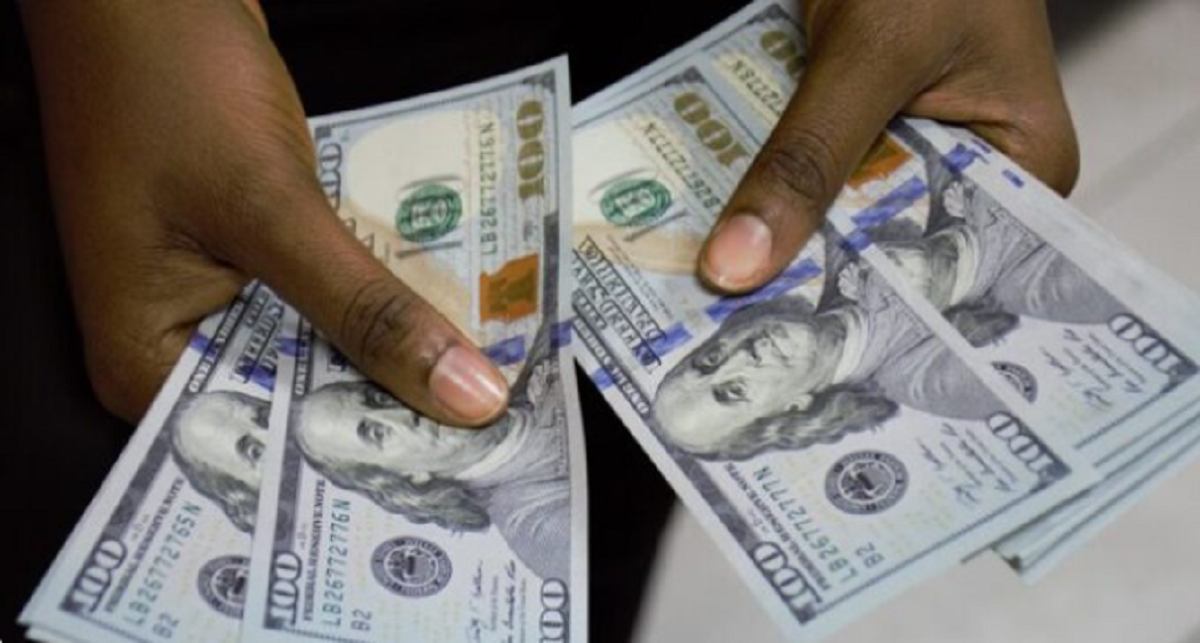Historical Exchange Rates of Dollar to Naira from 1972 to date have been provided below.
Newsonline Nigeria reports that the currency in Nigeria is called the naira, which is divided into 100 kobo. It was introduced in 1973 when the country switched to a decimalized monetary system.
The naira replaced the Nigerian pound, which was previously used when Nigeria was a British colony.
The Central Bank of Nigeria is responsible for issuing banknotes and coins. Coins range in denominations from 12 kobo to 1 naira, while banknotes are available in values from 5 to 500 naira.
The banknotes feature images of important political leaders from Nigeria’s history, such as Sir Abubakar Tafawa Balewa, the country’s first prime minister, and Nnamdi Azikiwe, the first president.
The exchange rate between the Nigerian Naira and the American Dollar has fluctuated over the past 51 years.
There was a time in history when the Nigerian Naira had a higher value than the American Dollar.
Nigeria, known as the giant of Africa, had a respected and valuable currency in the international market.
In 1983, for example, one American Dollar was equivalent to 0.894 Nigerian Naira ($1 = N0.894), which was less than a Naira but 89 Kobo.
The Nigerian economy and currency played a significant role in earning Nigeria its title as the giant of Africa.
Exchange Rates of Dollar to Naira from 1972 to date
1972 $1 = N0.658
1973 $1 = N0.658
1974 $1 = N0.63
1975 $1 = N0.616
1976 $1 = N0.62
1977 $1 = N0.647
1978 $1 = N0.606
1979 $1 = N0.596
1980 $1 = N0.550 (0.900 Black Market Rate)
1981 $1 = N0.61
1982 $1 = N0.673
1983 $1 = N0.724
1984 $1 = N0.765
1985 $1 = N0.894 (N1.70 Black Market Rate)
1986 $1 = N2.02 (N3.90 Black Market Rate)
1987 $1 = N4.02 (N5.90 Black Market Rate)
1988 $1 = N4.54 (N6.70 Black Market Rate)
1989 $1 = N7.39 (N10.70 Black Market Rate)
1990 $1 = N7.39 (N10.70 Black Market Rate)
1991 $1 = N8.04 (N9.30 Black Market Rate)
1992 $1 = N9.91
1993 $1 = N17.30 (N21.90 Black Market Rate)
1994 $1 = N22.33 (N56.80 Black Market Rate)
1995 $1 = N21.89 (N71.70 Black Market Rate)
1996 $1 = N21.89 (N84.58 Black Market Rate)
1997 $1 = N21.89 (N84.58 Black Market Rate)
1998 $1 = N21.89 (N84.70 Black Market Rate)
1999 $1 = N21.89 (N88-N90 Black Market Rate)
2000 $1 = N85.98 (N105.00 Black Market Rate)
2001 $1 = N99-N106 (N104-N122 Black Market Rate)
2002 $1 = N109-N113 (N122-N140 Black Market Rate)
2003 $1 = N114-N127 (N135-N137 Black Market Rate)
2004 $1 = N127-N130 (N137-N144 Black Market Rate)
2005 $1 = N132-N136
2006 $1 = N128.50-N131.80
2007 $1 = N120-N125
2008 $1 = N115.50-N120
2009 $1 = N145-N171
2010 $1 = N148.21-N154.8
2011 $1 = N151.05-N165.1
2012 $1 = N155.09-N161.5
2013 $1 = N153.21-N162.9
2014 $1 = N170-N199
2015 $1 = N199-N300
2016 $1 = N300-N320 (N310-N370 Black Market Rate)
2017 $1 = N360
2018 $1 = N360
2019 $1 = N305
2020 $1 = N361
2021 $1 = N399
2022. = Official = N419. Unofficial = N671
2023 $1 = N945 (Black Market Rate)
